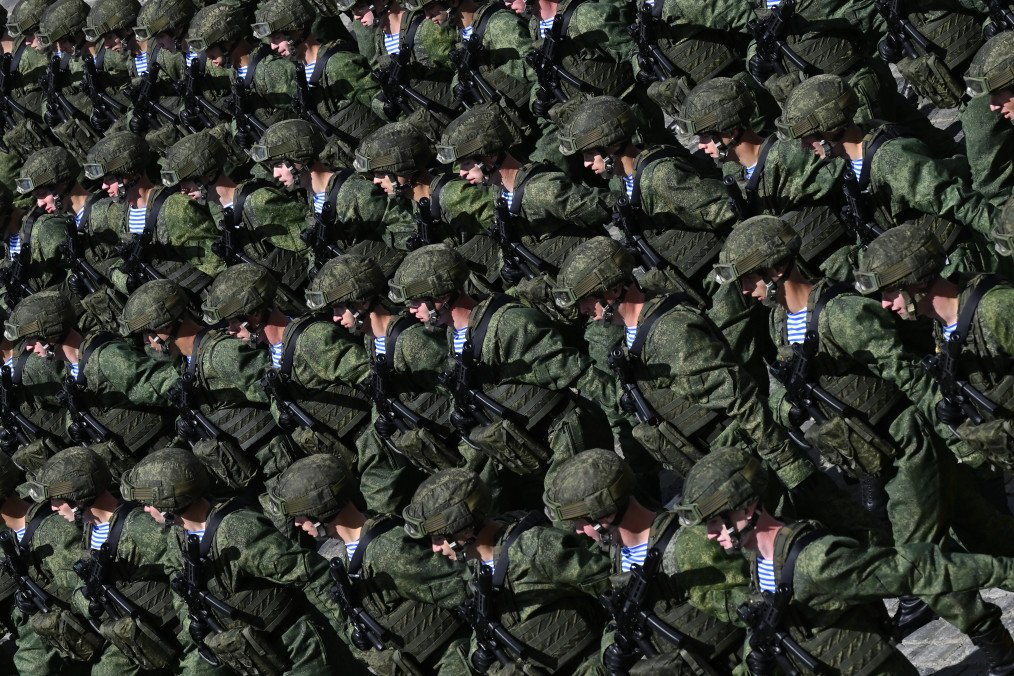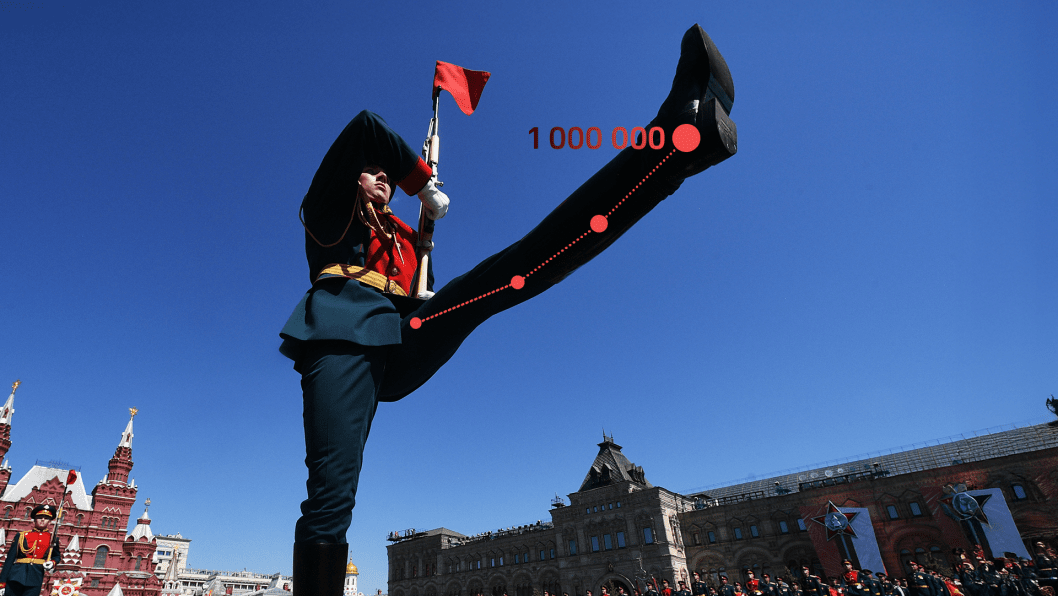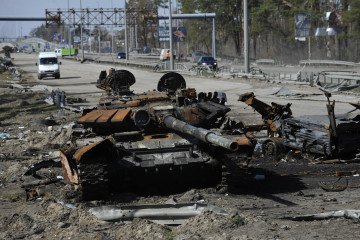- Category
- Latest news
Kremlin Blogger Exposes Russian Soldiers Diagnosed With Cancer Get Only $1,200 And No Medals

Kremlin blogger Anastasia Kashevarova revealed that Russian soldiers diagnosed with lung cancer and pulmonary embolism after serving in Operation Stream received only approximately $1,200 in compensation, were denied medals and official recognition, and are now excluded from any further benefits, as was reported on June 26.
Operation Stream, also called Operation Pipe, was a March 8, 2025 military raid in which Russian special forces for several days crawled through the disused gas pipeline to attack Ukrainian positions from the rear during the Kursk counteroffensive, forcing a Ukrainian retreat near Sudzha, Kursk region.
According to Kashevarova, participants in the operation began suffering severe respiratory ailments, yet in Kursk hospitals they were told they had only “acute bronchitis of moderate severity.”
“100 thousand rubles [approximately $1,200] compensation for lung cancer and no medals… and for some this ‘pseudo-bronchitis’ progressed to lung cancer, pulmonary embolism,” she wrote in her Telegram channel, adding that every soldier who entered the pipeline suffered lung damage and that some died underground.

Kashevarova further criticized the Defense Ministry’s refusal to classify these conditions as military injuries or serious combat wounds, a stance that strips veterans and their families of compensation or social benefits. Even relatives of the deceased, she said, cannot claim payments because official records list “lung cancer,” “pulmonary embolism,” or “acute bronchitis” rather than combat trauma.
She blamed the General Staff of the Russian Armed Forces for shirking responsibility, accusing them of behaving “undignifiedly” by effectively denying, “We didn’t send them there,” and leaving veterans to fight for recognition on their own.
Earlier, an investigation uncovered how Czech-built industrial machinery, supposedly barred by EU sanctions, is still fueling Russia’s war industry. The report revealed the use of shell companies and forged end-user certificates to route components such as generators and machining tools into munitions factories, circumventing sanctions and sustaining arms production.

-111f0e5095e02c02446ffed57bfb0ab1.jpeg)




